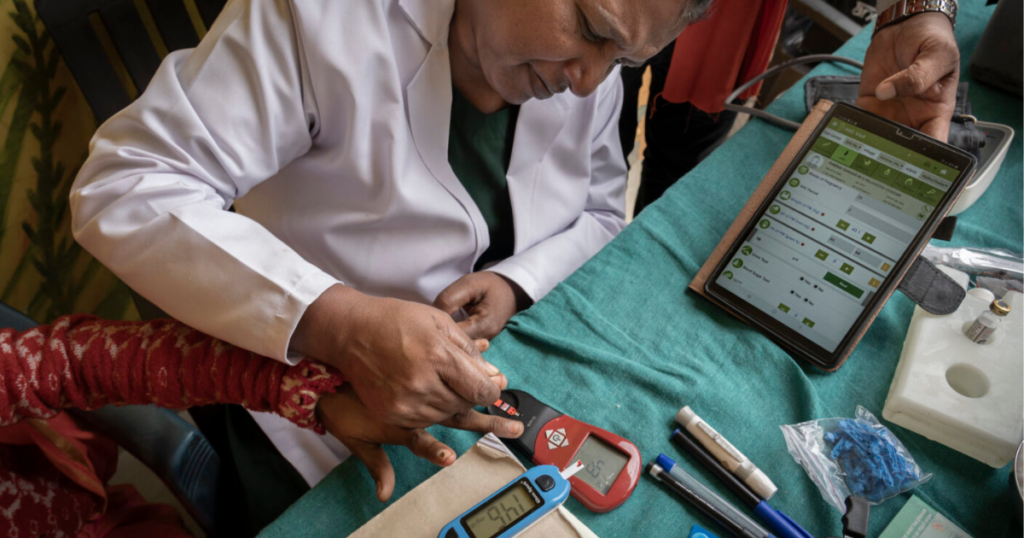Role of markets in Indian agriculture
Agricultural markets have a significant role to play in facilitating the trade of goods, services and information in the Indian economy. They are key to buyer discovery, access to supporting infrastructure, price information and enhancing farmer incomes. Agriculture being a state subject in India, the regulations vary across the states. The supply of diverse products, buyer preferences and government policy has given rise to a variety of marketplaces and procurement models, which have evolved over the years.
Overview of market linkage models
The market linkage models that help in facilitating bulk produce can be categorised as Agricultural Produce Market Committees (APMC), rural haats, farmer consumer markets, electronic markets, co-operative markets and public procurement. In this primer, these markets are analysed based on parameters like regulations, access to infrastructure, number of buyers and sellers, access to markets, frequency, entry barriers and price discovery. Furthermore, it will explore value propositions and challenges for farmers and buyers to understand the inhibiting factors that create barriers for farmers to function within each market linkage model.
Key challenge areas
The key challenges faced by smallholder farmers result from limited bargaining power and high transaction overheads, leading to poor economies of scale, high losses and limited price realisation due to inadequate infrastructure and poor quality control at the production clusters. Inefficiencies and lack of transparency in pricing, buyer discovery and supply chain inhibit a farmer from realising better prices. Small farmers are often excluded from accessing premium markets due to systemic barriers. This primer analyses the efficiency, risks, value proposition and challenges of major markets and market linkage models from the perspective of smallholder farmers and buyers and recommends key intervention areas to improve market access for smallholder farmers.
Recommendations
Analysis and understanding of market linkages indicate that it will be an enabler for better price realisation, transparency, better discovery of buyers, and aggregation of farmers and their produce. While simultaneously addressing poor economies of scale which will facilitate access to a more premium market and better farmer price realisation. There is a need to upgrade and create a decentralised market infrastructure to facilitate storage, grading, quality control and basic value addition. Technology can be a driver for the transformative change in market linkages. Leveraging ICT tools and digital markets to address the information asymmetry can help farmers and buyers with better decision-making and the right market information. Policy, philanthropy and the private sector have a lot to offer in providing incentives, contract farming opportunities and contributions to developing innovative technologies.
Authors: Pranjali Siwal and Prateek Abraham
Technical Review: Debaranjan Pujahari




